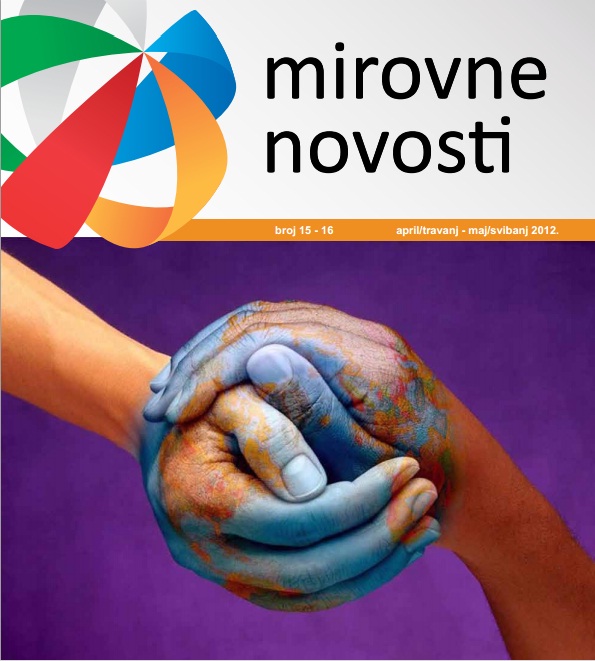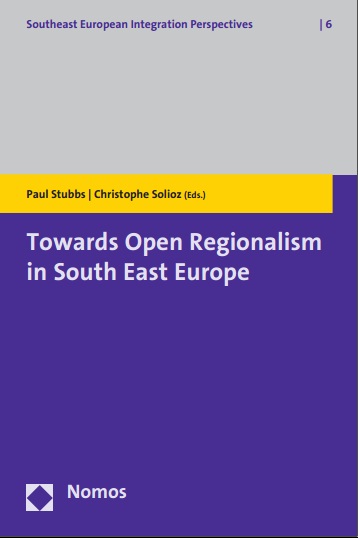
The Post-Yugoslav Peace Academy, which is a special educational program that strives for active peacebuilding and a culture of nonviolence, will this year take place for the fourth time. This year's program is intended primarily for activists from the fields of human rights and peacebuilding, students, researchers, theoreticians, and journalists who are engaged in peace work and are interested in themes that the Peace Academy offeres. The Fourth Peace Academy will take place in Sarajevo from 17-26 July. We talked with one of the founders of the Academy, Tamara Šmidling about the goals of the Peace Academy and this years courses and lecturers.
Radiosarajevo.ba: What ideas led you to forming the Peace Academy and have some of your expectations been fulfilled in the three years of the Peace Academy's existence?
Šmidling: Already in 2006, eight of us from four different peace organizations in Sarajevo came to the idea of forming the Peace Academy, based on the desire for including a program of peace eudation in our activities, different from normal trainings, seminars intended to develop various skills, learning about project writing, and other similar forms of edcution. We wanted something that would more deeply engage the problems that we encounter in our work: nationalism, prejudice, borders, opposing narratives, ideological misue of language and symbols..., that will at the same time be removed from academic elitism or the mere desire to fill one's CV. The guiding idea was for a program that would connect activism and the need for action with theoretical/critical questing of our presence and our work, a place for activism and theory to meet.
The Peace Academy was thought up as a type of summer school that would each year offer participants three courses with lecturers who are engaged in the previously mentioned problems. The first Peace Academy took place in 2008, and now we are preparing for the fourth. The courses' themes in the last three years have ranged from nationalism, ethnic identity, understanding of collective violence and crime that took place in this region, in the context of identies and their misuse, to collective memory, history of world peace movements and activism in the Former Yugoslavia.
Until last year, we worked as an informal group, but just in August, prompted by practical problems, we registered the Peace Academy Foundation.
Tamara, Radiosarajevo.ba
Picure: Nermin Čolić
Article Link: http://www.radiosarajevo.ba/novost/53816/mirovni-aktivizam-tamara-smidling-za-radiosarajevo
 We'd like to announce the publishing of the latest edition of Peace News for April-May 2012. To download the PDF, follow this link. Enjoying the reading!.
We'd like to announce the publishing of the latest edition of Peace News for April-May 2012. To download the PDF, follow this link. Enjoying the reading!.
 Edited by
Edited by 
